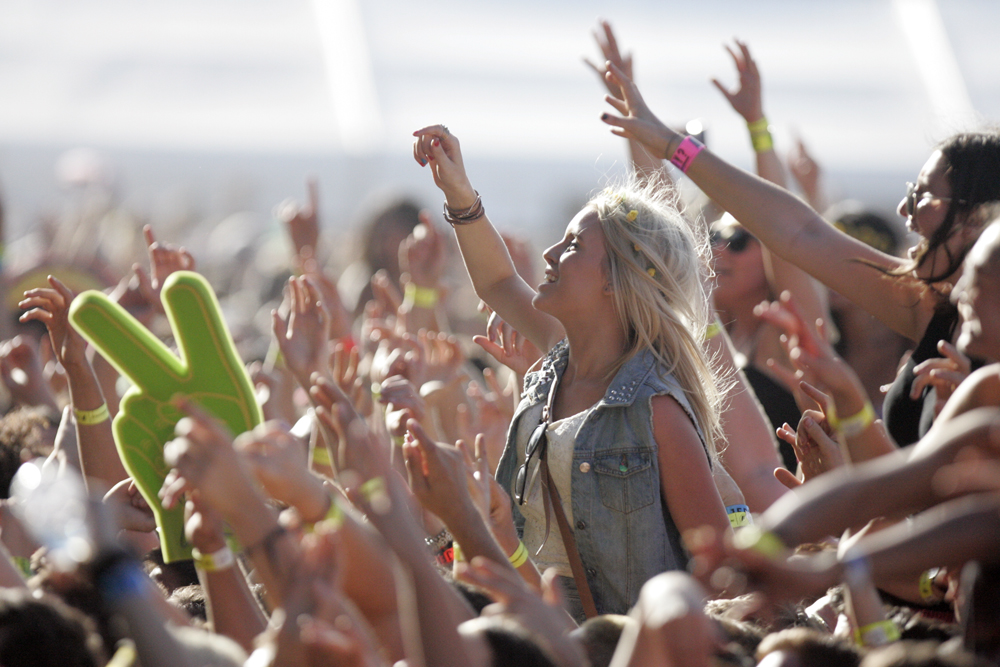Artistic freedom, economic sustainability, environmental responsibility, social connections and partnerships. For the European Festival Association (EFA), the lessons of 2024 are becoming the priorities of 2025.
The European Festival Association is celebrating its 72nd anniversary with the second update of the 70-Years On Agenda, a living roadmap to ensure that EFA's initiatives remain informed, adaptable and relevant. The activity is part of the Revealing the Alliance project, co-funded by the European Union.
Recognising the changing arts landscape and the evolving role of festivals in society, the Association has updated and reshaped the 70-Years On Agenda based on the insights of a think-tank. Each year, the 70-Years On Think Tank distills key shifts and frames them as points for reflection and action, evolving to reflect the 'state of festivals' across Europe. In 2024, themes such as artistic freedom, financial viability, environmental sustainability, inclusivity and the transformative potential of festivals were at the heart of several discussions that took place both in person - at the Arts Festivals Summit 2024 in Usedom - and online - in the 70-Years-On Conversations.
As the EFA members point out, "Festivals are fundamentally human endeavours. They are about people, artists, audiences and communities coming together to create meaning in uncertain times. They serve as bridges, not only between individuals, but also across borders, cultures and ideologies".
The five priorities for the sector that enrich the agenda are:
1. Artists, artistic leadership and programming must be protected from outside pressures so that creativity can flourish without imposed compromises. The need for festivals and cultural institutions to remain free from political interference, censorship or intimidation is clear. The erosion of artistic freedom in Europe calls upon the Community to defend the fundamental democratic principle of freedom of expression, while preserving the authenticity of festivals and their ability to foster genuine artistic expression.
2. Many festivals across Europe are under increasing pressure from reduced public funding and disruptions in sponsorship. The financial alarms are often existential. It is crucial to address how to diversify festivals' income streams and strengthen their independent viability.
3. Festivals can be "tender spaces", as Olga Tokarczuk, the Polish Nobel laureate, suggests. Festivals have a responsibility to make art as accessible as possible. Festivals must remain open to the world without imposing agendas. Live arts create a space for people to come together around a work of art and experience it as a collective. Each individual experience is different and this creates a democratic experience, thoughtful and stimulating debate and can inspire a more connected and harmonious society.
4. Recent years have demanded extraordinary flexibility from festivals, particularly in relation to a renewed focus on environmental sustainability. Festivals can represent and evoke the rhythms of life, offering a space in which art can express unusual chronologies and confront us with a time span that is not eternal, making the pathology of the earth the pathology of man.
5. In the midst of global crises, festivals remain places where hope is cultivated, not as an abstract ideal, but as a practice of collective imagination. Festivals foster resilience in the face of uncertainty, allow people to experience beauty, and help restore empathy and engagement with one another on a deeper, more meaningful level. They remind people that in a world of challenges, imagination opens the door to new horizons.
--
Photo credit: Eva Rinaldi
Photo source








